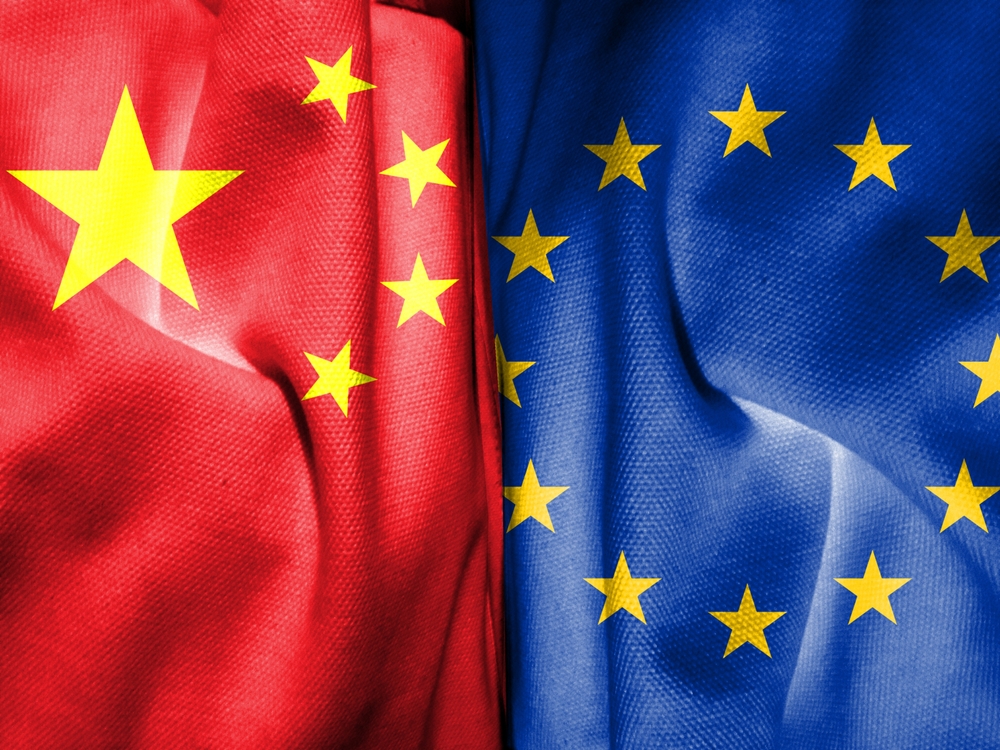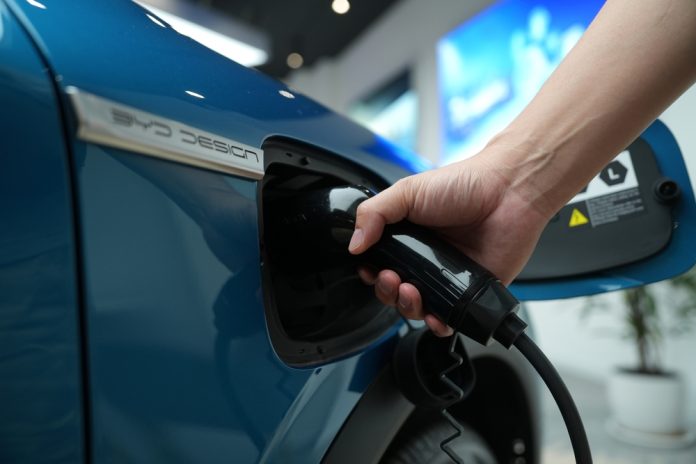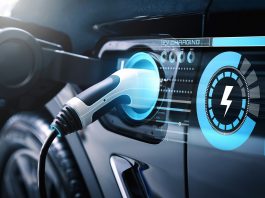The European Commission has announced it has imposed provisional countervailing duties on imported Chinese electric cars.
The Commission’s ex officio anti-subsidy investigation concluded that the Chinese EV value chain benefits from unfair subsidisation that poses economic risks to European EV manufacturers.
In recent weeks, discussions between the EU and the Chinese Government have ramped up with the aim of reaching a WTO-compatible solution that addresses the EU’s concerns.
The Commission says the investigation’s outcome must effectively address ‘the injurious forms of subsidisation identified’.
Which Chinese EV manufacturers are affected?
The individual duties will apply to the following producers of Chinese electric cars:
- BYD: 17.4%
- Geely: 19.9%
- SAIC: 37.6%
Other EV producers in China that cooperated with the investigation but were not sampled are subject to a 20.8% weighted average duty, whereas the duty for non-cooperating companies is 37.6%.

These provisional duties will come into force on 5 July 2024 for a maximum duration of four months, in which a final decision will be taken on definitive duties through an EU Member States vote.
Once adopted, this decision will make the duties definitive for five years.
Why is the EU imposing tariffs?
The EU is implementing tariffs on Chinese EVs to address market distortions resulting from state subsidies.
The EU claims that substantial government support allows Chinese EV manufacturers to sell their vehicles below market value.
This undermines fair competition and threatens the market share of European manufacturers, potentially leading to job losses in the EU automotive sector. These tariffs are intended to protect European carmakers and ensure fair competition.
The EU aims to avoid long-term dependency on foreign EVs, which could weaken its industrial base and strategic autonomy in the vital and rapidly growing EV market, which is crucial for future economic growth and environmental sustainability.
Furthermore, the tariffs highlight geopolitical tensions and strategic competition between the EU and China. By taking this action, the EU demonstrates its commitment to protecting its economic interests and advancing its technological progress in the green transition.
This move aligns with the EU’s broader objectives of boosting global competitiveness and securing a leading role in the clean energy and automotive industries.









